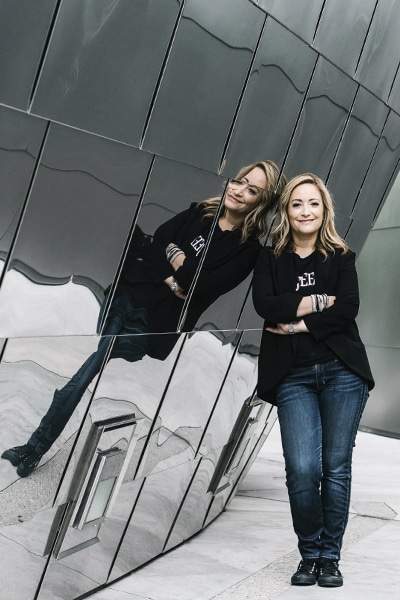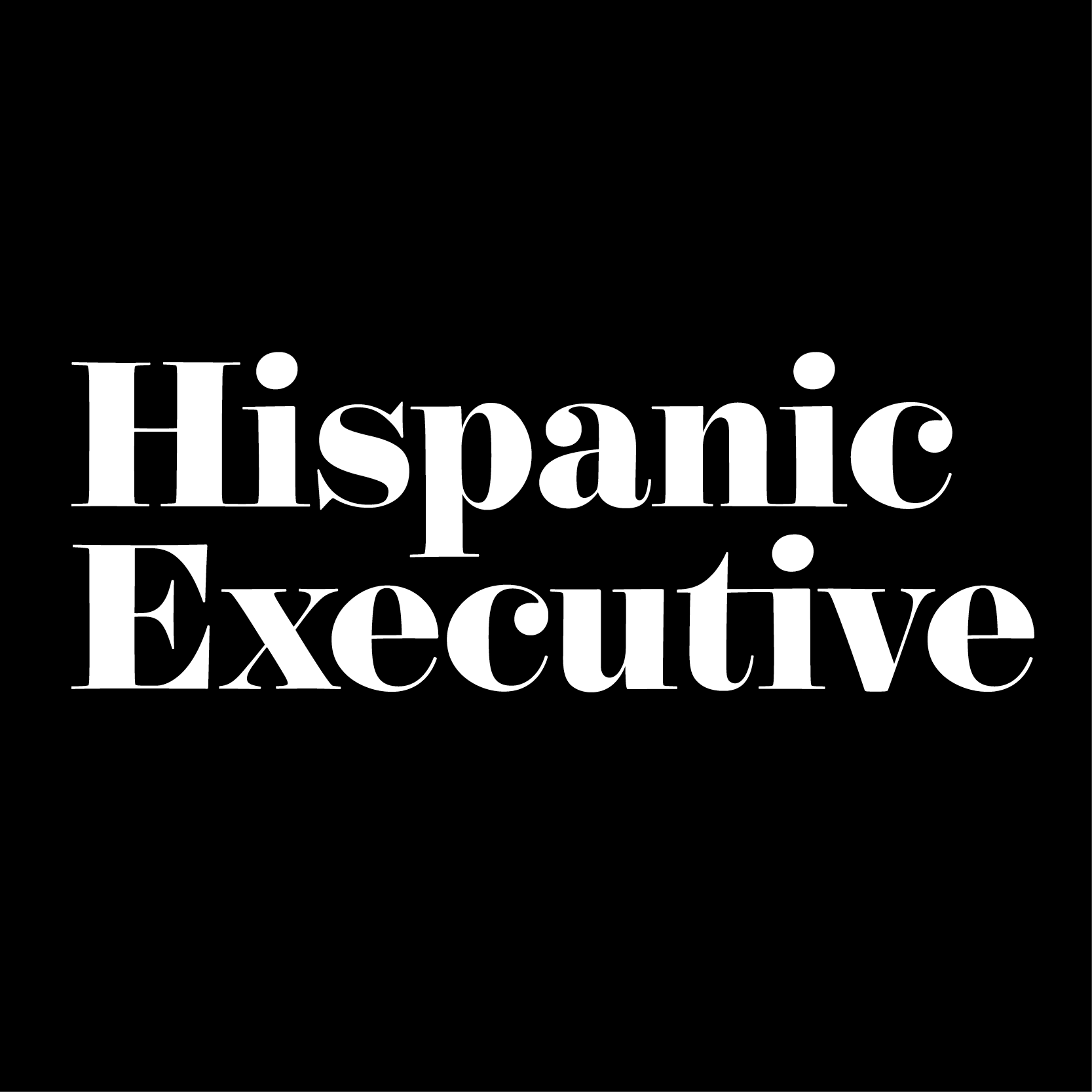|
Getting your Trinity Audio player ready...
|
Child prodigies might not share the same talent, but they do have one thing in common: they know what they want to do when they grow up. At eight years old, Beatriz Acevedo—who cofounded digital media company MiTú and Fundación Acevedo—was hired as a radio disk jockey for a local station in her hometown of Tijuana, Mexico. Apparently the young Acevedo had something to communicate, and she’s still talking to this day.
Born in Tijuana, Acevedo is the eldest of two children born to Conrado, an attorney, and Beatriz, a psychologist. She graduated from the University of San Diego with a degree in marketing and communications and set about building a media empire.
Having recently resigned as president of MiTú, the Emmy-winning Acevedo took a moment to share her thoughts and plans with Hispanic Executive.
You’ve been working in media since you were eight years old. How has the industry changed?
A lot has changed in that industry with the digital revolution. Music streaming services with personalization were not even a wild dream when I was a young girl. Now with services like Spotify, Pandora, and Apple Music, all of that has changed. This generation is used to having anything when they want it and how they want it. But I think that the best thing that digital has brought for our underserved communities is equal access and opportunity in having our voices heard.

Before digital, you had to wait around for an opportunity, and that opportunity might never come. You were literally at the mercy of someone—who did not look like us or have our background—to decide if you were worthy enough of a shot, and that, to me, is crazy.
Who did you consider a strong leader as a child or young person?
My dad was my idol. He came from nothing and became one of the most iconic figures in public service and philanthropy. When they say, ‘All you need is one person that believes in you to succeed in life,’ that was my dad, and I looked up to him every day of my life for forty-seven years.
What traits do you believe are essential for strong leadership?
To be a good leader, you must have empathy, you must be the best listener, and you must care fiercely about culture. To be successful personally, the most important traits are passion and perseverance, even more important than talent. I am a poster child for this as I was not born with one particular talent, but I hustled harder than anyone every single day since I was a kid. That is what has made me who I am today.
You’ve dedicated your life to creating opportunities for Latino youth in an effort to empower their voices and to diversify and influence culturally relevant depictions of Latinos in media. What have you accomplished so far?
I think it all starts at home, and I can proudly say that my thirteen-year-old twins, Isabela and Diego, are true representations of a bicultural and bilingual Gen Z. They are proud Latinos who understand very well what it means to be born into privilege and what responsibilities they need to carry in our community and in the world.
At work, I am very passionate about career development for female Latina leaders, so any opportunity I have to bring them into to the boardroom or into my most high-level meetings with other CEOs, founders, or investors, I do it.
Finally, I’m incredibly proud of a program I created while I was at MiTú that is an accelerator mentorship program to train and open doors to the next generation of Latino storytellers. We constantly hear that Hollywood can’t find the talented Latinos, and I can assure you that they exist if you look.
Why did you become involved with the Latino Donor Collaborative?
I was invited to speak at one of their conferences a couple years ago and met Ana Valdez, Sol Trujillo, and Herb Scannell for the first time. I loved what the group was all about and what it stood for. It was so close to my own mission for equality and authentic representation of who we are—not as charity but as good business.
Is there a particular LDC initiative that you would like to pursue?
I wrote an article about Latinos being the blind spot of America and how the mainstream economy is in our backyard. I used all the robust data the LDC has to prove how wrong the perception of who Latinos are in this country is and what an extraordinary economic power they are when you look at their GDP. I would love to expand on this idea and produce a full-length documentary about it.
You recently resigned as president of MiTú—a company that you founded. What do you see as your legacy?
My professional legacy is inspiring others as a passionate and proud Latina leader that encouraged them to use their voice and energy to fight the good fight for representation, for equality, and for authenticity in media. Personally, I hope I leave a legacy of being a good human. That is the best I can aspire for and strive to be.
As an entrepreneur, what has been your greatest challenge and reward?
My biggest challenge has been not trusting myself more and speaking up louder when I felt things were not right.
My biggest reward was finding my voice and purpose in life and opening my eyes to all the work we need to do as a community to create real change that transcends generations to come.
What are your future plans?
I know broadly that I want to be a louder voice for my community, that I want to continue my work with my accelerator, and that I want to contribute to build a pipeline for Latino leaders in a bigger way. I feel incredibly blessed to already have options and offers, but this next decade in my career will be pretty defining when it comes to my personal and professional legacy.
So, I want to give it the time it deserves to decide how can I best serve and make a bigger impact in my community.

